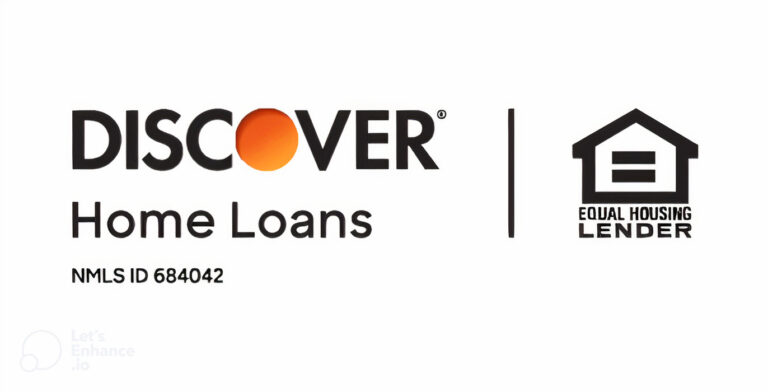Refinancing can offer some great financial benefits, such as a lower interest rate or lower monthly payment. You might also have the ability to tap into your hard-earned home equity with a cash out refinance.
But it’s important to understand the downsides of mortgage refinancing as well. With any complex financial product, the costs may outweigh the benefits for some people.
Below, we’ll go over the potential drawbacks of getting a mortgage refinancing loan so you can see whether it’s right for you.
Potential Longer Repayment Term
If you get a cash out refinance, your new loan will be larger than your old one. To keep the same monthly payment, you’ll typically need to spread out your loan over a longer term. As a result, you’ll have to wait longer before you own your home.
Closing Costs
Refinancing loans are new mortgages, so they come with closing costs.
When refinancing, you should typically plan to budget for closing costs. This amount can vary depending on your lender, geographic location, and unique financial situation. You can also look for no-closing-cost refinances to avoid paying for these fees.
If your refinancing savings don’t outweigh the closing costs, the refinance may not be worth it. You can use a refinance calculator to estimate your potential results.
Interest Rate Risk
One of the biggest benefits many homeowners are looking for from a refinance is a lower rate. Locking in a low interest fixed-rate mortgage is one of the best reasons to refinance and could save you money both immediately and down the line.
Refinancing into an adjustable-rate mortgage (ARM) may bring additional risk. If rates are relatively low when you refinance, they could potentially rise later and result in higher monthly payments.
Credit Score
Refinancing your mortgage typically requires a strong credit score. If your credit score has fallen since you bought your home or you last refinanced, you may not be able to get approved or get the loan you want.
Plus, your credit score will likely be impacted when you apply — regardless of approval — since the lender must run a hard inquiry.
Lack of Equity
Some lenders won’t let you refinance at all unless you have a certain amount of equity — usually at least 20%. While it is possible to refinance your mortgage with less available equity, you may wind up paying higher interest rates or higher fees in that situation.
If you have less than that, you might want to build equity first before considering a refinance. A cash out refinance will also require you to have a certain percentage of equity available to draw funds from if you want to take out a larger mortgage to pocket the difference in cash.
Mortgage Refinancing: Good for Some, But Not All
Even if you can pursue a mortgage refinance, it’s not always the right choice.
The key is to see if the benefits — your savings or the ability to use your equity — outweigh the costs. If they don’t, you may want to hold off on a mortgage refinance for the time being.
About Discover Home Loans

Discover Home Loans provides home equity loans and mortgage refinance options with a range of benefits for qualified homeowners. Find options that fit within your budget at discover.com/home-loans. © 2023 Discover Bank, Member FDIC | NMLS ID 684042
Contact Information:
Name: Carolina d’Arbelles-Valle
Email: [email protected]
Job Title: Senior Digital PR Specialist
Tags:
IPS, Reportedtimes, Google News, Go Media, ReleaseLive, PR-Wirein, CE, Extended Distribution, iCN Internal Distribution, English
